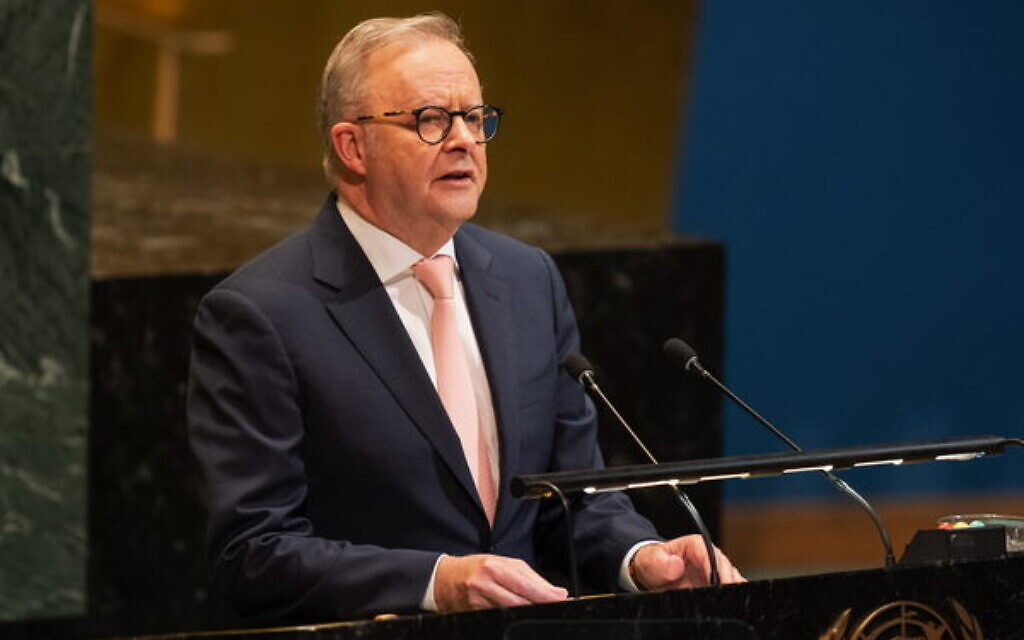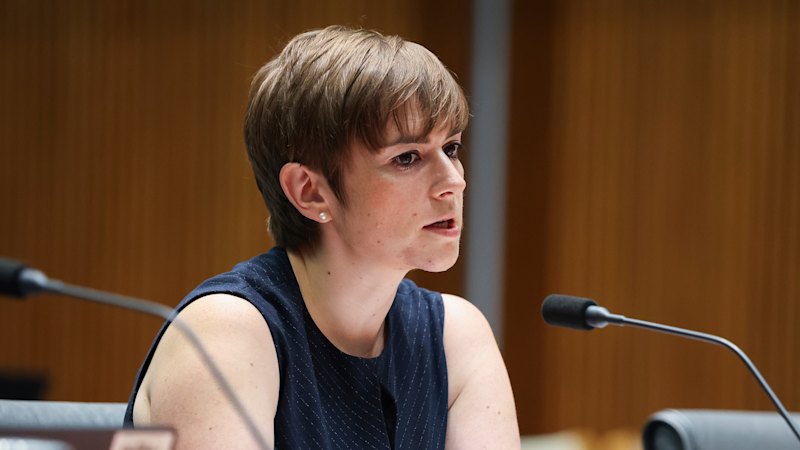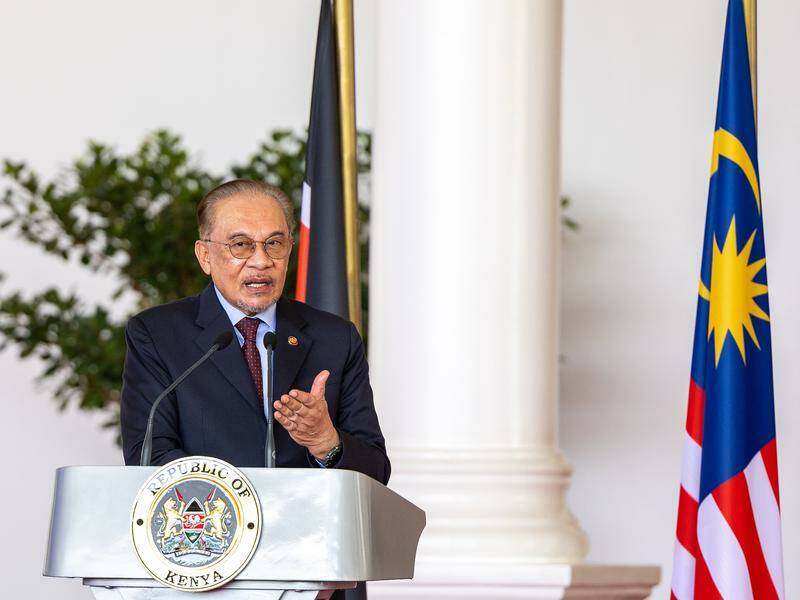
The United Nations General Assembly witnessed a surge of countries last week expressing support for the recognition of a Palestinian state as the two-year anniversary of Hamas’s attack on October 7 approaches. Many nations criticized Israel, asserting that their declarations would somehow contribute to a peaceful resolution. Yet, critics argue that such statements lack substance and fail to address the complexities of the ongoing conflict.
In a notable declaration, Hamas official Ghazi Hamad remarked on the implications of the October 7 event, stating, “You know what is the benefit of October 7 now? If you look to the General Assembly yesterday … all of them, they condemned Israel.” This sentiment highlights the international challenges facing Australia, particularly for Prime Minister Anthony Albanese and Foreign Minister Penny Wong, who appear to be inadvertently aligning with Hamas’s narrative.
The situation remains dire, with Hamas retaining control over Gaza and holding hostages. Concurrently, the Palestinian Authority is struggling to maintain authority in the West Bank, while many Palestinians express a desire for the end of Israel rather than the establishment of a sovereign state.
Australia’s Position and International Reactions
Amid this complex landscape, nations like New Zealand, along with others such as Germany, Italy, Japan, and Singapore, refrained from endorsing the recognition of Palestinian statehood. This decision stands in stark contrast to Australia’s approach, which some have criticized as succumbing to diplomatic peer pressure.
Critics argue that Australia’s announcement of recognition fails to consider the absence of unified Palestinian leadership, stable institutions, and mechanisms to prevent future violence akin to the events of October 7. Such actions could potentially undermine peace efforts and diminish Australia’s credibility as a principled middle power.
The Australian government faces scrutiny for its decision to align with a broader narrative at the UN that some see as symbolic rather than substantive. The notion of waving a “moral participation ribbon” rather than engaging in meaningful diplomacy raises questions about Australia’s role in fostering genuine peace in the region.
Implications for Peace and Leadership
Both Israelis and Palestinians deserve a resolution grounded in reality, requiring difficult compromises and decisive leadership. Observers note that true peace involves more than declarations; it demands the willingness of leaders to confront complex challenges head-on.
As the international community continues to navigate these sensitive dynamics, Australia’s recent actions may prompt a reevaluation of its diplomatic strategies. With the situation evolving, the need for effective leadership in the pursuit of lasting peace is more crucial than ever.







